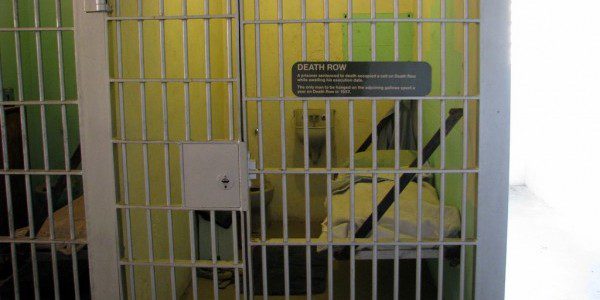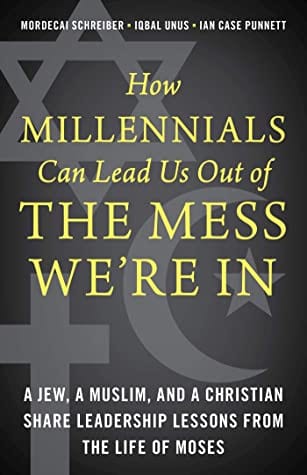The National Association of Evangelicals (NAE) by no means speaks authoritatively for all evangelicals. No one speaks authoritatively for all evangelicals. But the NAE does represent one of the few strong voices for evangelicals on ethical and public policy concerns and does attempt to speak on behalf of and lobby for evangelical concerns.

So it’s notable that the NAE has recently announced a change of perspective on capital punishment to include an explicit voice of concern against the problems increasingly noted with the death penalty. They summarize those problems in that announcement as such:
Unfortunately, all human systems are fallible. Nonpartisan studies of the death penalty have identified systemic problems in the United States. These include eyewitness error, coerced confessions, prosecutorial misconduct, racial disparities, incompetent counsel, inadequate instruction to juries, judges who override juries that do not vote for the death penalty, and improper sentencing of those who lack the mental capacity to understand their crime.
In the first decade of the 21st century, 258 wrongfully convicted people have been exonerated due to the introduction of DNA evidence. Twenty of those were serving time on death row, and another 16 had been convicted of a capital crime but not sentenced to death.
The statement goes on to acknowledge that many evangelical leaders have mounted a “biblical and theological case either against the death penalty or against its continued use in a society where biblical standards of justice are difficult to reach.” This is a very important point: It’s one thing to call for “justice” to be done; it’s quite another thing to understand what it means, exactly, for justice to be done. In the rush to accomplish justice, we too often end up creating even more injustice. This is why I argued recently that the death penalty is an illustration of the fact that our view of justice is too thin, too narrow, too retributive.
There’s no telling what the shift in evangelical perspective (or at least the expansion of explicitly endorsed perspectives) will do for a change in policy. Will these increasingly anti-death penalty voices in the evangelical voting block and evangelical public theology have real sway in finally abolishing the death penalty? One can only hope and pray that it will.











